Remember: These ingredients do not guarantee health skin however, a poor diet will lead to poor skin health. Also remember too much of something can be a bad thing.
Click each ingredient to learn more
Care to Avoid
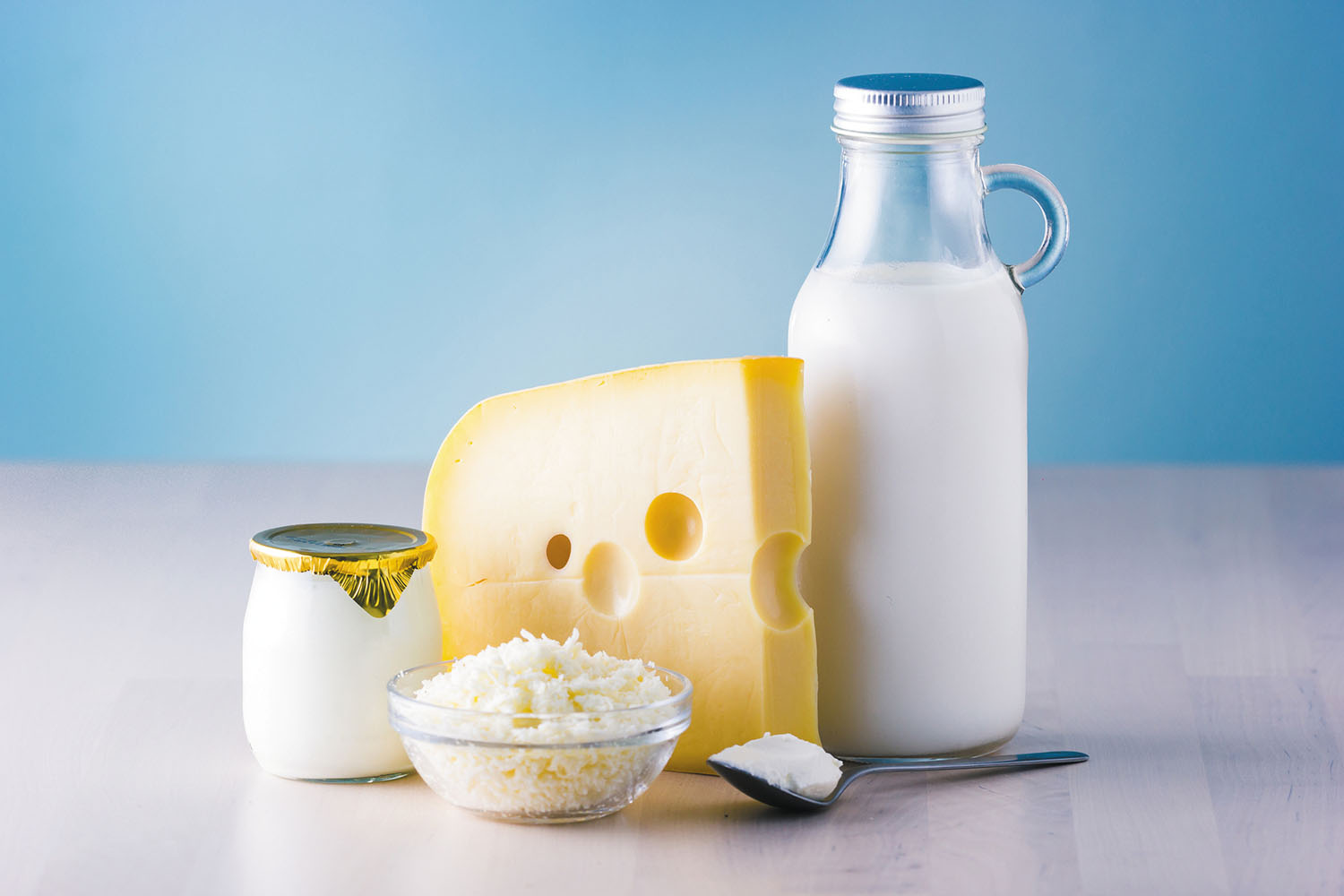

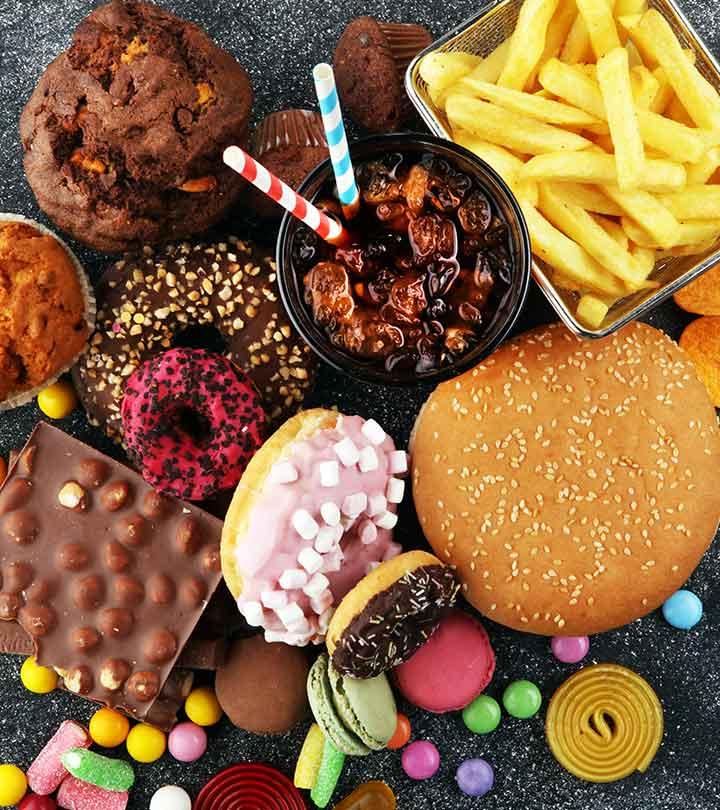



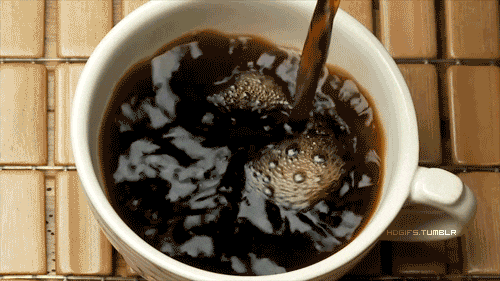
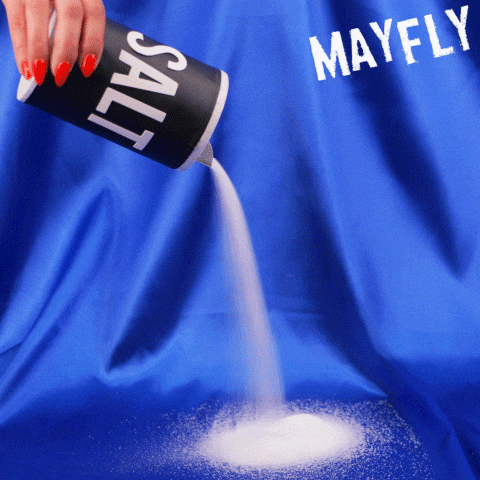
Key Ingredients
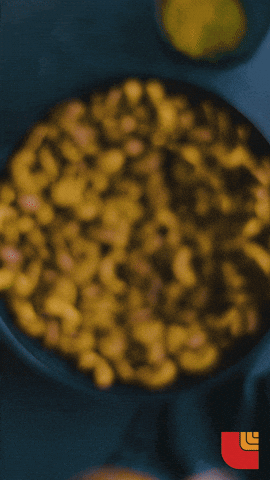

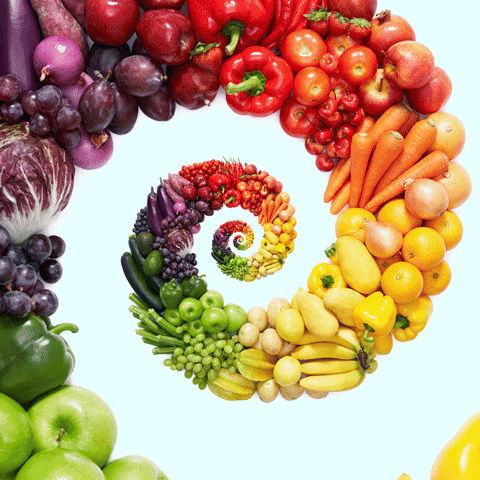


/baked-salmon-with-garlic-3056832-12_preview-5b18288eba6177003d20d706.jpeg)


Shellfish: Oyesters, Crab, and Lobsters! Can provide 20% to 40% of your daily zinc intake! You get small percents in other items such as nuts, grains, legumes, vegetables and meat!
Foods that contain Omega 3 & 6: Fatty fish like salmon, mackerel, anchovies, sardines, arctic char and trout. Eggs, tofu, and soybeans. (Omega 3) Corn, meat, poultry, nuts and seeds!(Omega 6)
Foods that contain Vitamin C: Chili Peppers, Guavas, Kale, Kiwi, Thyme, Parsley,Broccoli.
Foods that contain Vitamin E: Wheat Germ Oil, Sunflower seeds, Almonds, Abalone, and Sunflower oil.
Foods that contain Vitamin A: Any type of animal liver, Salmon, Bluefin Tuna, and Liver oils.
Care to Avoid








According to one study, cow’s milk can spike blood sugar and insulin levels, which increases inflammation, redness, swelling, clogged pores and pimples. In addition, the commercial milk we buy often comes from pregnant cows containing hormones that encourage production of skin oils, called sebum.
Sugar acts as a kind of signal scrambler, affecting the production of the proteins and amino acids that build up collagen and elasticity. “Sugars bind to the amino acid chains and they gunk up the work,” explains Dr. Lancer.
“Refined carbs” refers to processed sugar and processed flour, which break down into sugar.
The glycemic index refers to how food affects your body’s blood sugar levels. The index ranks food on a scale up to 100 to describe how quickly carbs break down and get absorbed into the bloodstream. High-glycemic foods trigger an insulin spike, hormonal fluctuations and inflammation, which are key components in acne flare ups.
The bean’s organic acid raises cortisol levels, the hormone to blame for causing stress, which stimulates sebaceous glands and inflammation.
Key Ingredients





/baked-salmon-with-garlic-3056832-12_preview-5b18288eba6177003d20d706.jpeg)


This mineral lessens the formation of damaging free radicals and protects skin’s lipids (fats) and fibroblasts—the cells that make collagen, your skin’s support structure—when skin is exposed to UV light, pollution and other skin-agers.
Shellfish: Oyesters, Crab, and Lobsters! Can provide 20% to 40% of your daily zinc intake! You get small percents in other items such as nuts, grains, legumes, vegetables and meat!
Omega-3 fatty acids are powerful anti-inflammatories. Research suggests that the fats protect skin cells against sun-induced inflammation and help control how the body responds to UV rays, thereby mitigating damage.Omega-3s are a crucial part of your skin’s lipid (fat) content and help bolster its barrier function, which, when working properly, acts like a seal that keeps moisture in and irritants out.
Foods that contain Omega 3 & 6: Fatty fish like salmon, mackerel, anchovies, sardines, arctic char and trout. Eggs, tofu, and soybeans. (Omega 3) Corn, meat, poultry, nuts and seeds!(Omega 6)
Vitamin C is one of the factors in stabilizing and creating collagen molecules, meaning that it's one of the most reliable anti-aging ingredients on the market.
Foods that contain Vitamin C: Chili Peppers, Guavas, Kale, Kiwi, Thyme, Parsley,Broccoli.
Lives in and protects cell membranes, which form a barrier around cells to keep them healthy and hydrated, it indirectly helps skin stay moisturized and supple.
Foods that contain Vitamin E: Wheat Germ Oil, Sunflower seeds, Almonds, Abalone, and Sunflower oil.
Vitamin A also stimulates fibroblasts—the cells responsible for developing tissue that keeps skin firm and healthy—in the deep layers of your skin.
Foods that contain Vitamin A: Any type of animal liver, Salmon, Bluefin Tuna, and Liver oils.